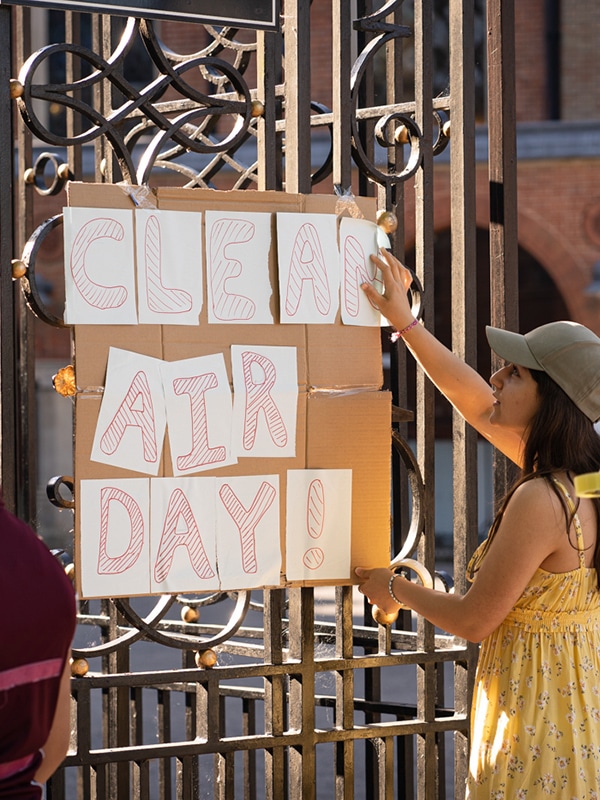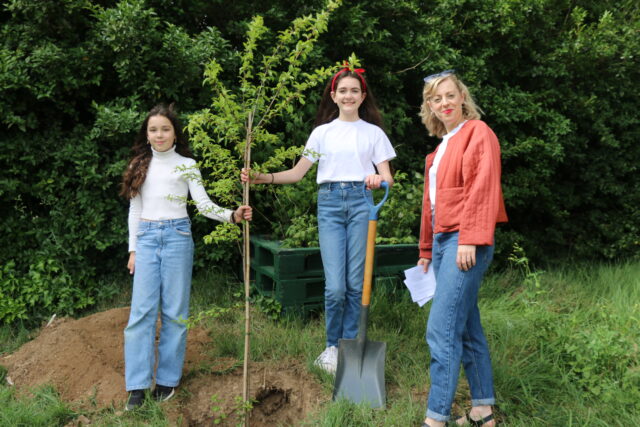Blog
Sustainability in Schools – The Futures Institute at Dollar Academy (FIDA)
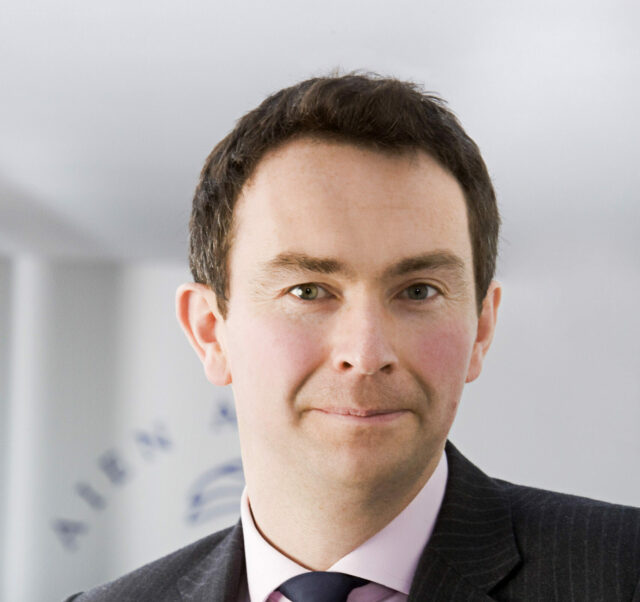
Ian Munro
Rector, Dollar Academy
Read the blog
The 2021 United Nations Climate Change Conference (COP26) in Glasgow shone a spotlight on sustainability for all sectors, including education. As one of Scotland’s leading independent day and boarding schools, Dollar Academy takes issues of sustainability very seriously and, in May 2021, introduced a ground-breaking learning platform with these issues at the core: FIDA – the Futures Institute at Dollar Academy.
What is FIDA?

FIDA is an open-access education platform that empowers young people to learn in new ways, though innovative courses, workshops, design challenges and competitions, all of which are rooted in the United Nations Sustainable Development Goals (UN SDGs).
To date, more than 550 young people and teachers from across Scotland have taken part, either in person and/ or via an online platform to enable the widest possible participation.
FIDA courses and projects share three key characteristics:
- They are rooted in at least one of the UN Sustainable Development Goals.
- They require pupils to think creatively and draw upon different areas of knowledge and learning in order to solve real-world problems.
- They are co-designed and delivered with experts from industry and universities.
Why create FIDA?
The launch of FIDA was a significant step for Dollar Academy and a way for us to tackle three key aims. Firstly, rather than being a noisy bystander, we wanted to play an active role in the national debate about curricular reform by creating new types of courses and challenges that deal with real world issues in direct partnership with industry and academia. Our second aim was to probe sustainability issues and opportunities. We recognise that we are living through a climate crisis, so each FIDA course and challenge is linked back to at least one of the UN SDGs. Finally, we wanted to do our bit in closing the attainment gap by providing equitable and free access to all of our courses and materials.
There is a move towards education models like FIDA in numerous countries around the world. When it comes to the complicated global problems that we face, climate change and the wider issues of sustainability being key examples, academics and industry leaders tell us that at least some of the solutions will come from breaking down subject silos. This has serious implications for how we educate our pupils, with the importance of group-based interdisciplinary working becoming more prominent.
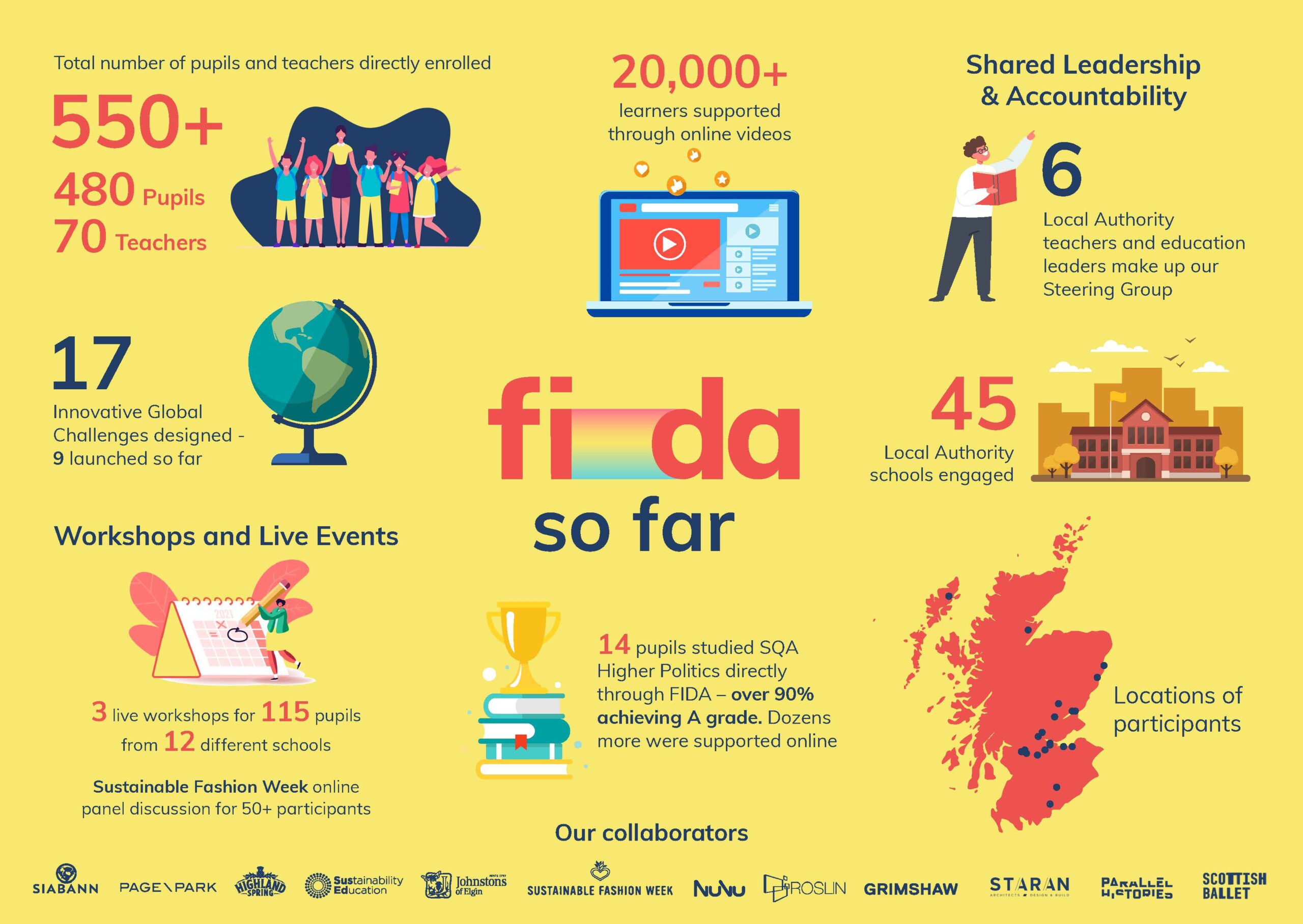
We were delighted that Professor Ken Muir, the independent advisor to the Scottish Government on the replacement of the Scottish Qualifications Authority, publicly endorsed FIDA in May 2022:
“FIDA’s bold approach to education places the student experience at the centre, providing critical opportunities to engage with industry and stakeholders beyond the classroom. This aligns closely with some of the recommendations I made in my report to the Scottish Government on a future vision for Scottish education and I am highly impressed with what the initiative aims to do.”
What kind of partnerships have been part of FIDA so far?
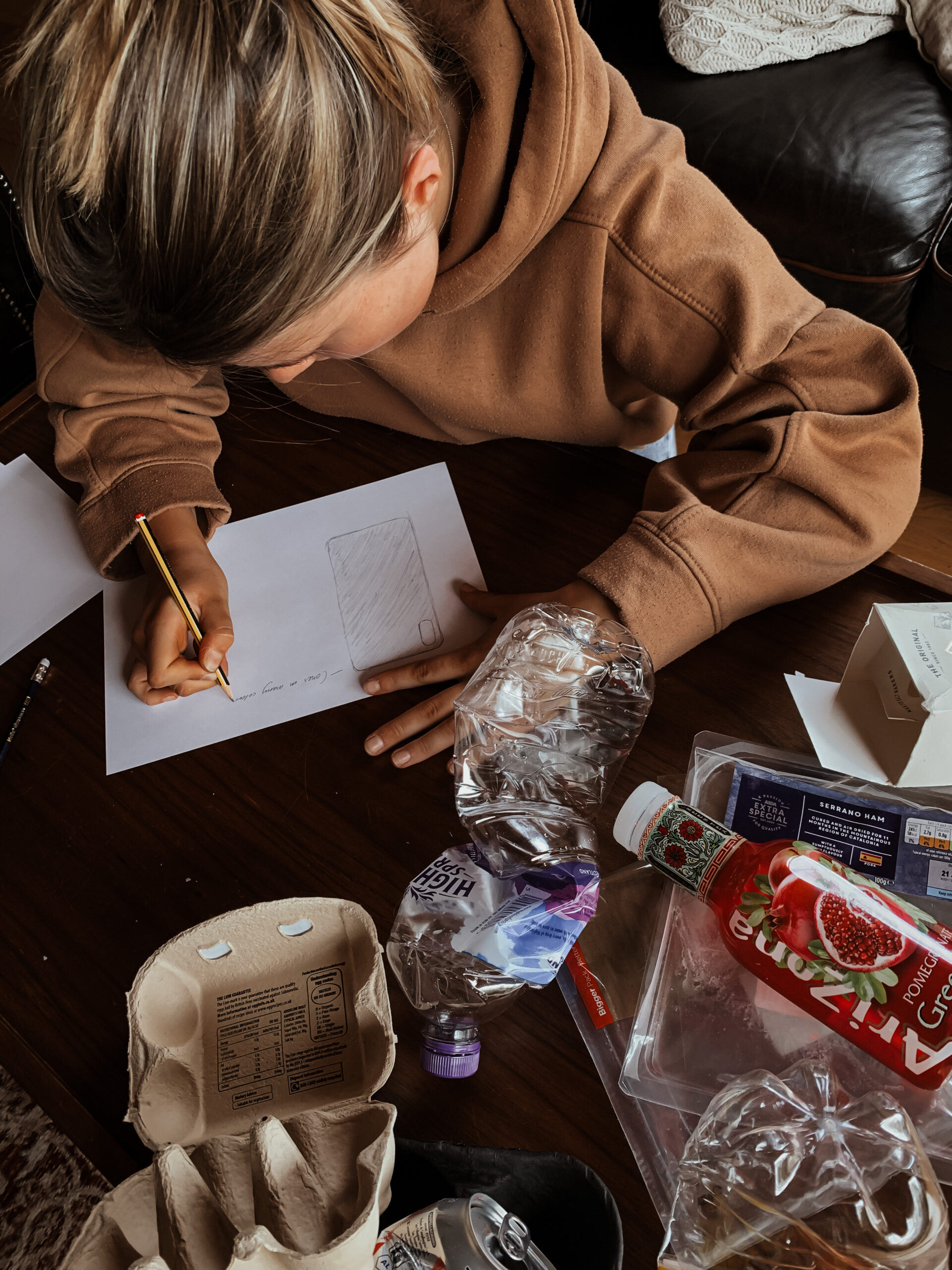 A key feature of our Global Challenges is partnership with industry and academia, as we want to ensure that the topics we are covering truly reflect current real-world issues.
A key feature of our Global Challenges is partnership with industry and academia, as we want to ensure that the topics we are covering truly reflect current real-world issues.
We have forged partnerships with a number of diverse organisations, from Highland Spring on our bioplastic creation course to educational charity Parallel Histories on our monument design challenge. We also partnered with Sustainable Fashion Week to run two creative design challenges and an online panel discussion event. It was hugely heartening to see young people come forward with searching questions around the transparency of fashion brands and the accessibility of sewing to people with disabilities.
We have also had input and support from Education Scotland, who included two FIDA challenges in their Countdown to COP26 programme that ran in Local Authority Schools across Scotland.
Why is it important that we get pupils involved at school level?
 It’s important that young people get involved for a whole host of reasons – they are citizens of the world and will feel the impact of climate change during their entire lives. We must help them become informed and empowered to take positive action – solutions to some of the issues we face rely on creativity and collaboration, which young people are really good at, so we need to make time for it in schools.
It’s important that young people get involved for a whole host of reasons – they are citizens of the world and will feel the impact of climate change during their entire lives. We must help them become informed and empowered to take positive action – solutions to some of the issues we face rely on creativity and collaboration, which young people are really good at, so we need to make time for it in schools.
Young people today have a great social and environmental conscious and want to make the world better in so many ways – they can be powerful change makers and should be supported to do so.
What’s next?
 New ways of working demand new kinds of learning space; and we are planning an ambitious new building – the Futures Institute – which will become a physical home for FIDA at the heart of the Dollar Academy campus.
New ways of working demand new kinds of learning space; and we are planning an ambitious new building – the Futures Institute – which will become a physical home for FIDA at the heart of the Dollar Academy campus.
The building has been designed by globally renowned architect, and former Dollar pupil Andrew Whalley OBE. Andrew is the current Chairman of Grimshaw, and the architect behind many award-winning and globally renowned structures including the Eden Project in Cornwall, the International Terminal at Waterloo and the Experimental Media and Performing Arts Centre in New York. His input has ensured that our new building will be one of the most sustainable in the world.
You can learn more about FIDA here and plans for the new building here.
Related articles
-
Blogs
Taking Eco Action -
Case Studies
UCS Green Impact Society Leading The Way -
Case Studies
Sustainability at St Helen’s -
Case Studies
Protest has turned to action at Putney High School -
Case Studies
Changing the environment - A school in transition

